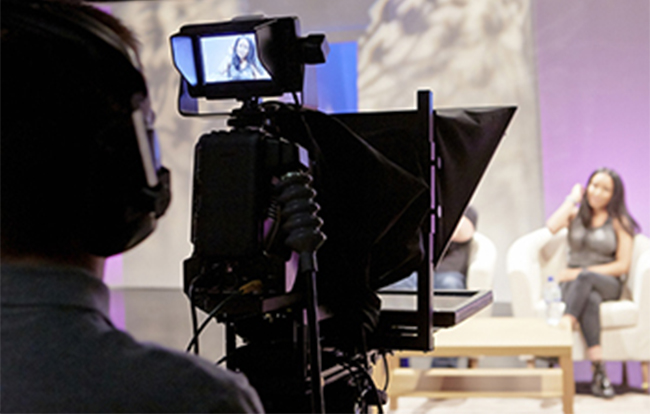 DISABLED workers in UK television industry face ‘consistent difficulties’, says a new report.
DISABLED workers in UK television industry face ‘consistent difficulties’, says a new report.
Ignorance of legal obligations by senior professionals seriously damages disabled workers’ careers and drives many out of the industry, according to the study by the Sir Lenny Henry Centre for Media Diversity.
Over half of respondents have been working in the industry for over 10 years in a variety of roles, including news, current affairs, factual and factual entertainment programmes.
Key findings include:
Three quarters of respondents felt being disabled had impacted on their career choices in the industry.
80% felt being disabled had impacted on their career progression, or was likely to in future.
84% said they had access needs or required reasonable adjustments some or all of the time.
51% reported practical issues such as being unable to drive or physically use equipment, working hours, additional requirements such BSL and support workers, as barriers to employment or career progression.
The report was produced by Kate Ansell, a disabled journalist, writer and executive producer with over 20 years’ experience of producing current affairs and factual films for major broadcasters including BBC and Channel 4.
The RTS award-winning filmmaker said: “What’s striking is the consistency of the experiences described and the simplicity of some of the solutions. It’s crucial that the industry acts upon what it is being told.”
One respondent claimed: “There is little understanding of the Equality Act.”
All except one of the interviewees agreed, saying they felt employers didn’t understand their legal responsibilities toward disabled people.
Marcus Ryder, at Birmingham City University’s Sir Lenny Henry Centre for Media Diversity, said: “This work is a necessary and timely contribution to the debate of how we increase diversity and inclusion in the television industry with respect to disabled people. It demonstrates a shocking basic lack of understanding of people’s legal rights, which is holding people’s careers back.
“The report also illustrates the ethos of the Centre, that empowering people from underrepresented groups to undertake the research and devise policies to overcome structural policies is the best way to progress. I sincerely hope the industry takes note of the issues raise in the research and more, implement the simple and practical policy recommendations contained within it.”
- The Career Routes and Barriers for Disabled People in the UK TV Industry report is available for download here.
- The Sir Lenny Henry Centre for Media Diversity (LHC) is a newly established research centre, bringing together the expertise of media professionals and academics.

